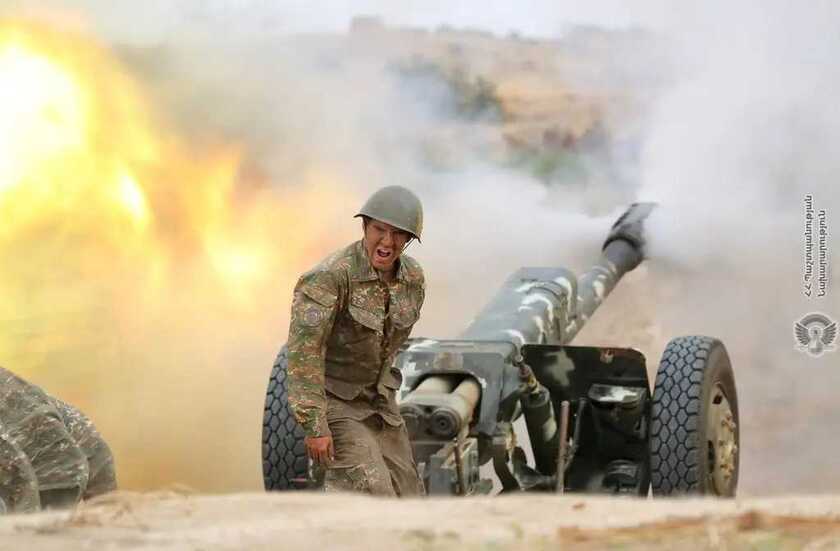Today marks five years since the guns fell silent after 44 brutal days of war between Armenia and Azerbaijan in 2020. As I sit down to reflect, this anniversary feels more than a date—it stirs memories, scars, and hope. This war wasn’t just another conflict I covered. It touched me personally. I returned to this land with my son Nathan, and here, in Armenia, he met the woman who would become his wife, Rubina. That made the struggle of this small nation deeply personal for my family as well.
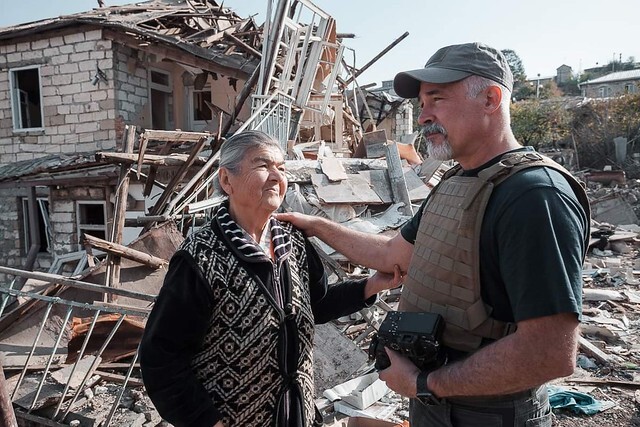
A Reporter’s Lens: War in the Caucasus
When Azerbaijan launched its offensive on September 27, 2020, the world watched with confusion. This was not a simple border clash. The fighting engulfed Nagorno-Karabakh (Artsakh), pushing Armenian civilians into shelters, raining down bombs on Stepanakert, and scarring historic sites like the Ghazanchetsots Cathedral, struck twice in early October.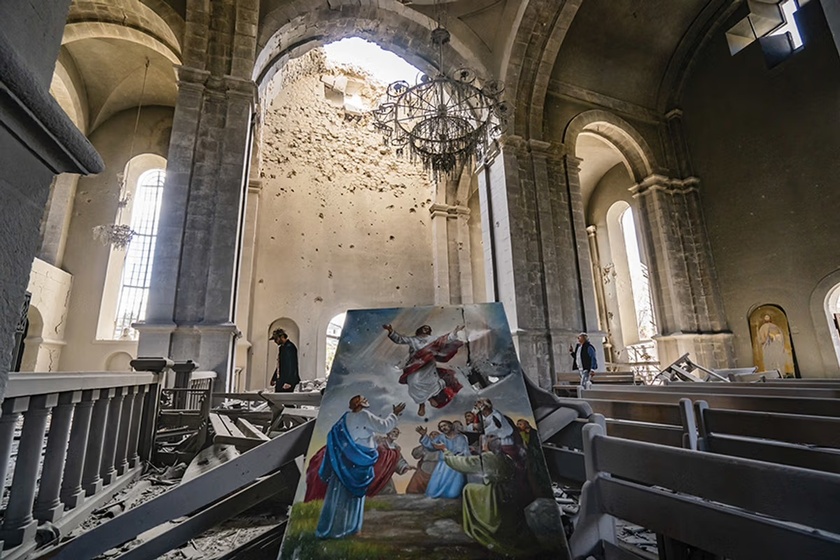
I traveled there as a war correspondent. I watched children run from collapsing buildings, spoke with mothers clutching their infants in darkness, and heard stories of horrific violence—neighbors beheaded in Hadrut, homes razed, communities erased.
I made it clear then—and I still say it: Azerbaijan’s assault on civilian targets was cowardly. Journalists in marked cars were struck by drones despite no military presence nearby. That’s not war. That’s terrorism.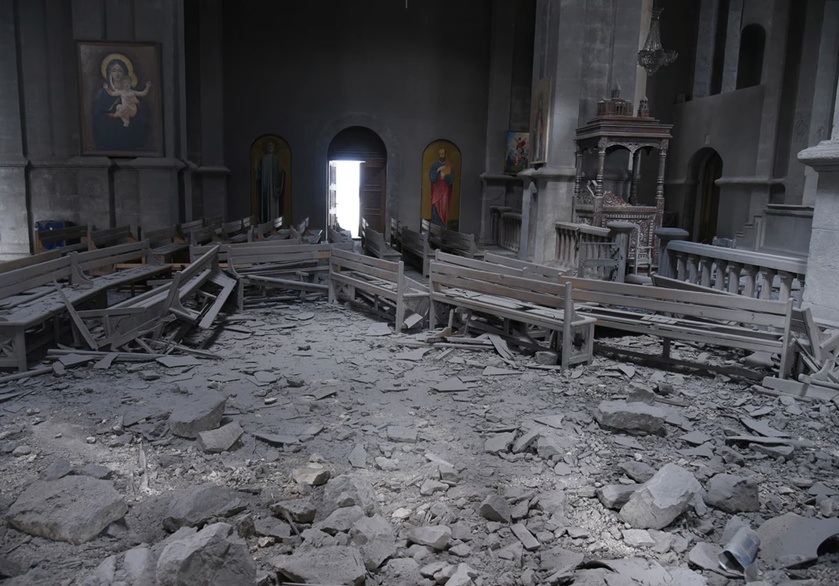
When Shushi was lost in early November, the strategic heart of the region, hope began to dim. The ceasefire that followed on November 9 solidified a painful reality: Karabakh, once held by Armenians for decades, was now under Baku’s control.
Why It Became Personal
I’ve covered wars in Afghanistan, Iraq, Syria. But Armenia is more than a foreign assignment for me. Over time, it became home in my heart.
My Son, My Return: I came back to Armenia with Nathan, my boy, to show him a land of resilience, ancient stone churches, and people with stories deeper than any war.

Nathan and Rubina: Here, my son met Rubina, the woman who would become his wife. Armenia became part of my family’s story, woven into our future as well as its past.
Witnessing Loss in Real Time: I was on the ground, breathing the dust, smelling the smoke, hearing the shells. I saw what this conflict meant to families whose roots here grew centuries deep.
What the Reporting Unearthed
From day one, I heard consistent claims: hospitals, apartment buildings, schools, places of worship were systematically targeted. Ghazanchetsots Cathedral’s shelling was more than collateral damage—it was a symbol. Countless reports confirmed use of munitions with wide-area effects, including cluster bombs, in civilian zones.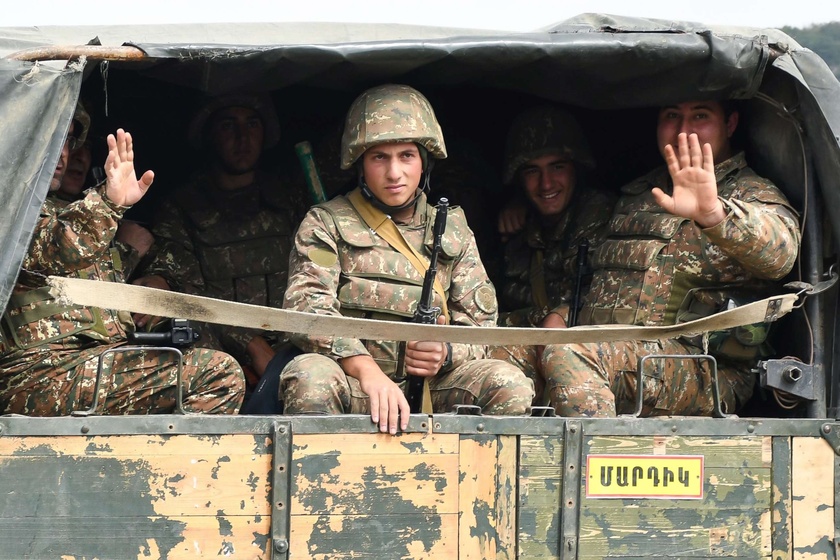
One local woman in Hadrut region told me her neighbor was beheaded—his body left on the road as a warning. These stories haunted me. The silence afterward felt complicit.
Even clearly marked press vehicles were struck. Drones tracked us. Some of our team fled shelling zones under fire. We had no illusions. This was part of the message: don’t record, don’t tell, or you, too, will be erased.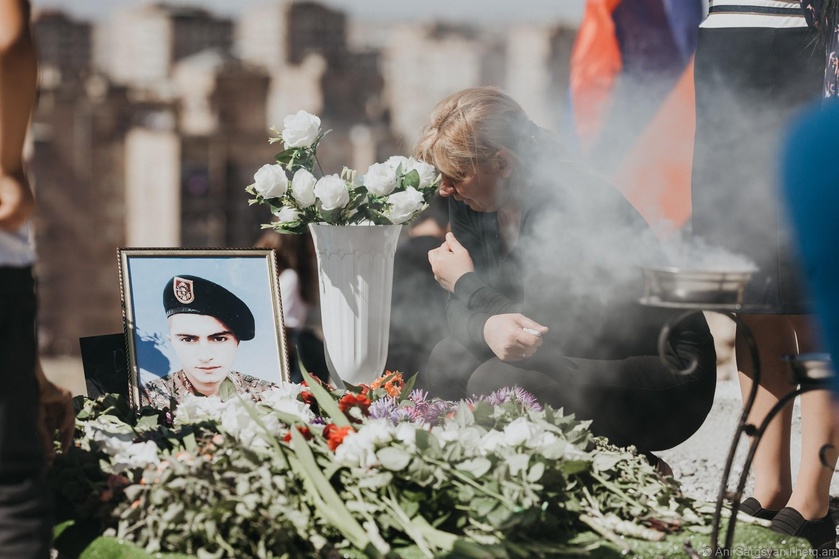
The Strategic & Geopolitical Layers
Turkey’s Role: Armenia and some observers accused Turkey of sending Syrian mercenaries to support Azerbaijan.
Energy & Grid Power: Seizing energy and infrastructure routes was central to the timing of the invasion.
Asymmetric Warfare: Drones, electronic warfare, artillery barrages—this was not 20th-century trench war. It was modern brutality.
Five Years After: What Has Changed, What Hasn’t
What Changed
Territory Lost: Much of Karabakh under Armenian control is now under Baku.
Diaspora Wounds: Thousands displaced, heritage sites under threat, memories in danger of being buried.
Global Awareness: The world now knows Karabakh is not just a footnote—Armenia’s struggle is visible to those with ears to listen.
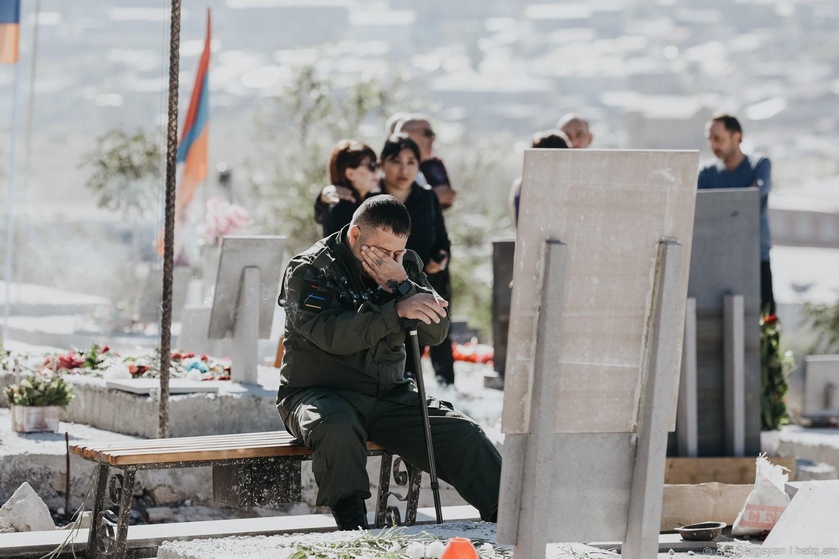
What Hasn’t
Accountability: There has been zero justice for many war crimes.
Repair of Heritage: Churches, monasteries, cemeteries destroyed or vandalized remain inaccessible.
True Peace: What pass as “armistice” terms still hold tension, uncertainty, and fear.
My Prayer, My Call
On this 5th anniversary, here’s what I believe:
Never forget. Tell the stories. Share the images. Honor the displaced.
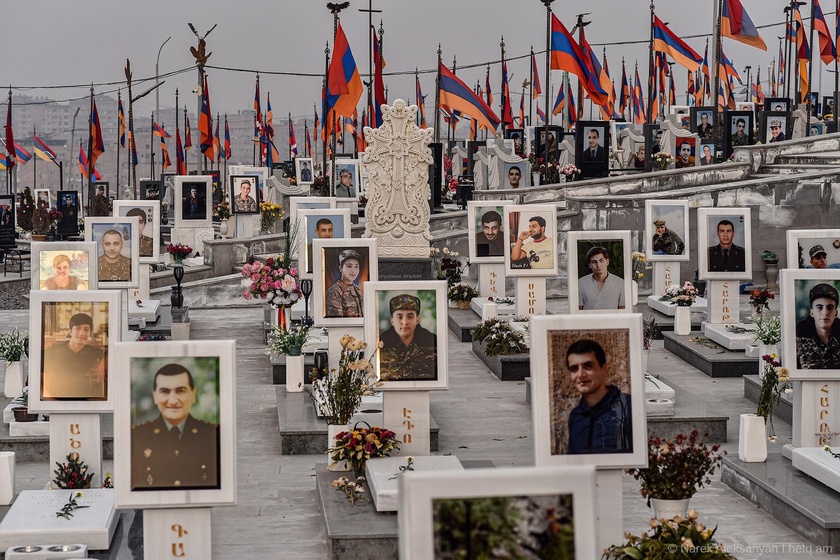
Stand for justice, not only peace. You cannot build peace on silence.
Support Armenian voices—local journalists, families, survivors. They carry truth where conflict lingers.
Believe love persists. Amid bombing and rubble, my family found a new connection to this land. Armenia is no longer just a place I covered—it’s part of my family’s heritage through Rubina and Nathan. That bond, in its small everyday form, resists erasure.
If you’ve followed me on this path, you know I don’t believe in hopeless causes. I believe in people resilient enough to rebuild. Five years later, Armenia still stands—not merely because it must, but because it chooses to carry memory forward.
May this anniversary awaken hearts, sharpen dialogue, and demand the world look—not away.

